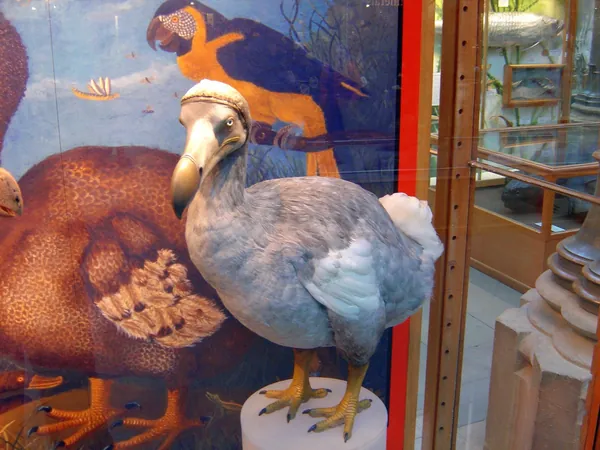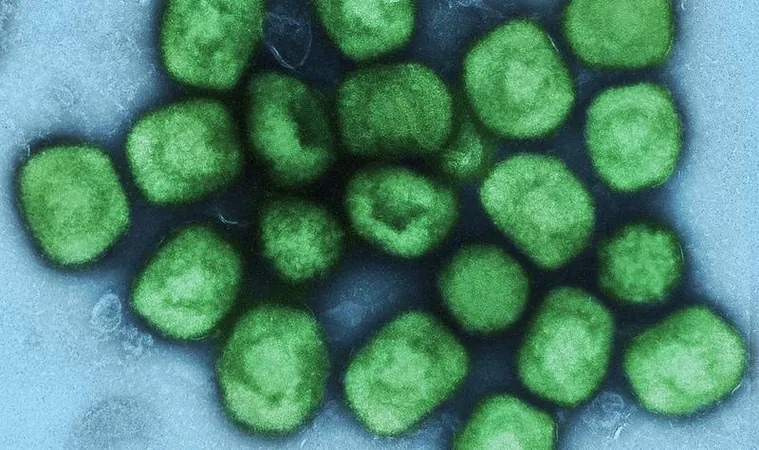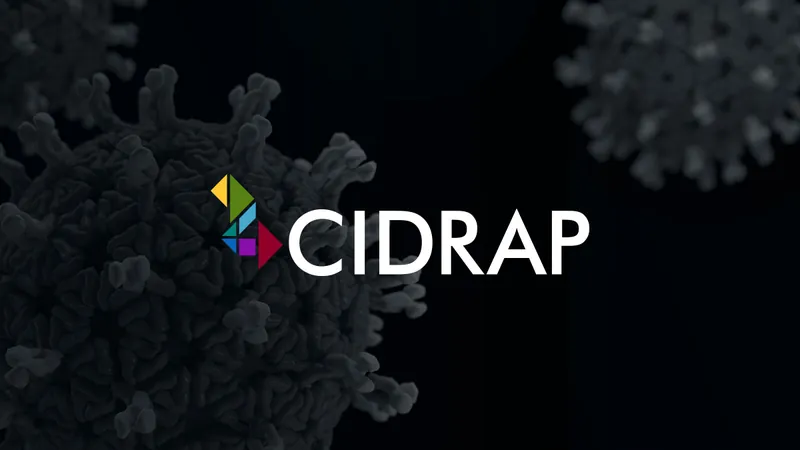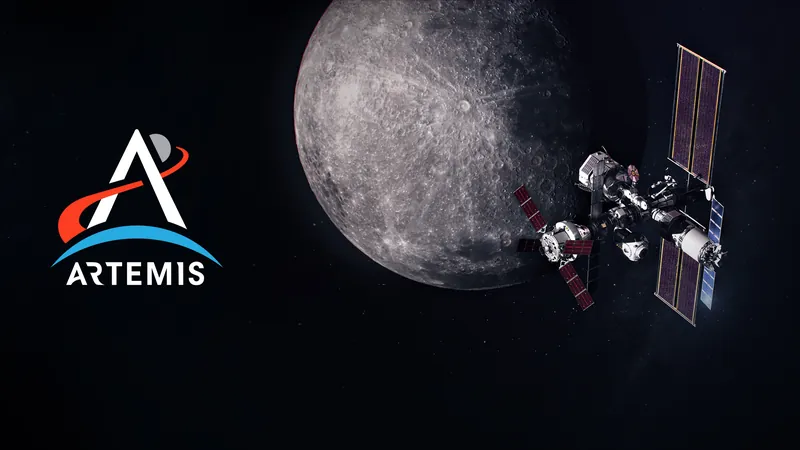
Dodo Bird Resurrection: Colossal Biosciences Takes Huge Leap Forward!
2025-09-22
Author: Mei
Dodo's Comeback: Science Takes a Bold Step!
Imagine a world where the dodo bird could once again roam the earth! Although this unique bird has been extinct for over 300 years, Dallas-based Colossal Biosciences is making waves in the field of de-extinction.
Groundbreaking Gene-Editing Achievements
On September 17, this innovative biotech firm announced a significant breakthrough: they successfully grew primordial germ cells—the building blocks for eggs and sperm—from the rock dove, a cousin of the common pigeon. This key milestone paves the way for the next phase of their ambitious project.
The Road to Resurrection
Colossal plans to gene-edit these germ cells using the Nicobar pigeon’s genome, the dodo's closest living relative. With a breeding colony of Nicobar pigeons already set up in Texas, the team is working diligently to prepare these cells for editing.
"This breakthrough in our avian research is a monumental step for dodo revival," asserted Ben Lamm, CEO and co-founder of Colossal Biosciences. He emphasized that this progress shines a light on how their investment into de-extinction technology is yielding effective tools for both resurrection and conservation.
The Challenges of Avian Cloning
While cloning may seem straightforward in mammals, it’s a more complex task when it comes to birds. The unique structure of bird eggs complicates the cloning process considerably. Previous attempts have succeeded with chicken and goose cells, but the techniques failed to yield results with other bird species, even related ones like quail.
An Innovative Approach
After testing over 300 different methods, Colossal scientists finally found a successful recipe that allowed pigeon primordial germ cells to thrive for an impressive 60 days. While this data has yet to undergo peer review, it has already been shared on a scientific platform, signaling their commitment to transparency.
The Future Dodo: A Chicken's Role?
Colossal's next plan? Injecting the gene-edited Nicobar germ cells into chicken embryos, essentially turning these birds into surrogates. This allows them to potentially lay eggs that could hatch into pigeons, and with additional editing, into dodo-like birds!
Restoring Nature's Balance
The ultimate goal? To reintroduce these resurrected dodos back into their native Mauritius—an island where they once thrived before extinction in the 17th century. This project follows their recent announcement of plans to bring back the giant moa, a colossal bird that disappeared from New Zealand about 600 years ago.
A Vision for Conservation
Colossal's chief science officer, Beth Shapiro, calls growing these primordial germ cells a "transformative tool for avian conservation." They aim to develop biobanking capabilities that could aid endangered species, such as the Mauritian pink pigeon, currently facing extinction due to inbreeding.
Broadening Horizons: Mammoths and More!
But Colossal doesn’t stop with birds; they are also working on projects targeting the woolly mammoth and Tasmanian tiger. Just last April, they celebrated the birth of three engineered dire wolves, a modern take on a long-extinct species made famous by HBO's Game of Thrones.
Skepticism and Support
Despite all the excitement, some critics argue that true resurrection remains elusive, suggesting that without intact genomes, we might only achieve genetically modified proxies or hybrids instead.
Colossal Biosciences is not just chasing dreams—they're on a mission to redefine the boundaries of science, potentially paving the way for extraordinary outcomes in biodiversity and conservation.



 Brasil (PT)
Brasil (PT)
 Canada (EN)
Canada (EN)
 Chile (ES)
Chile (ES)
 Česko (CS)
Česko (CS)
 대한민국 (KO)
대한민국 (KO)
 España (ES)
España (ES)
 France (FR)
France (FR)
 Hong Kong (EN)
Hong Kong (EN)
 Italia (IT)
Italia (IT)
 日本 (JA)
日本 (JA)
 Magyarország (HU)
Magyarország (HU)
 Norge (NO)
Norge (NO)
 Polska (PL)
Polska (PL)
 Schweiz (DE)
Schweiz (DE)
 Singapore (EN)
Singapore (EN)
 Sverige (SV)
Sverige (SV)
 Suomi (FI)
Suomi (FI)
 Türkiye (TR)
Türkiye (TR)
 الإمارات العربية المتحدة (AR)
الإمارات العربية المتحدة (AR)